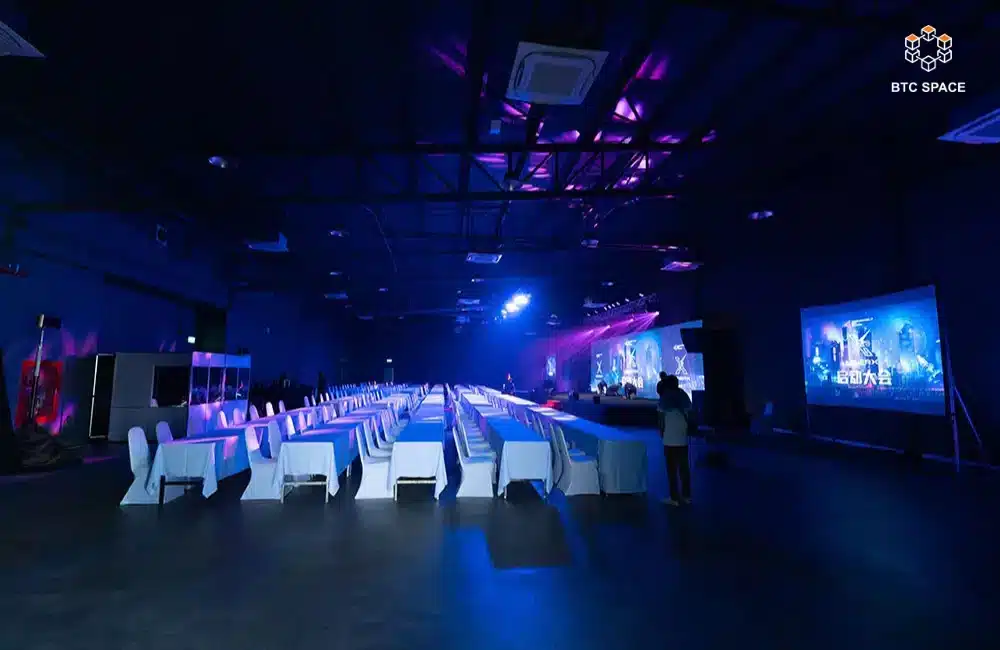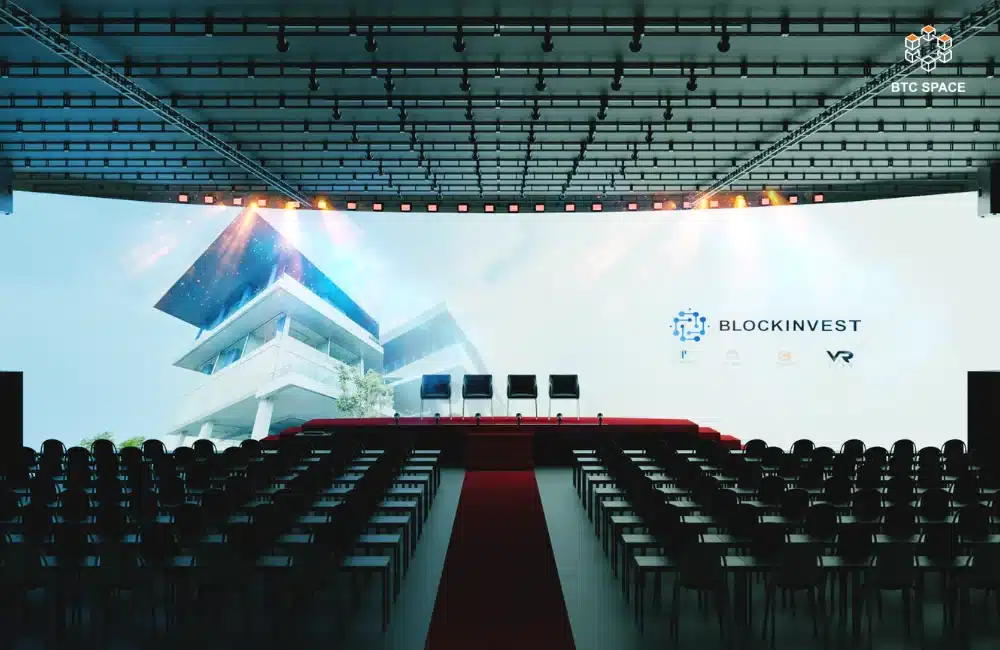Planning a successful event can feel overwhelming, but with the right approach and understanding of event planning fundamentals, you can create memorable experiences that achieve your goals. This comprehensive guide will walk you through everything you need to know about event planning, from initial concept to post-event evaluation.
Table of Contents
What Is Event Planning?
Event planning is the comprehensive process of organizing, coordinating, and executing events of all sizes and types. This systematic approach to event planning involves managing every detail from initial concept development to final cleanup, ensuring that all components work together seamlessly. Professional event planning encompasses venue selection, budget management, vendor coordination, marketing, attendee management, and logistics coordination. The goal of effective event planning is to create experiences that meet specific objectives while providing value to all stakeholders involved.
Why Strategic Planning Matters
Strategic event planning forms the foundation of every successful event, regardless of size or complexity. Without proper planning, even the most well-intentioned events can face challenges that compromise their success and impact. Effective event planning helps you anticipate potential issues, allocate resources efficiently, and create contingency plans for unexpected situations. When you invest time in thorough event planning, you reduce stress, minimize costly mistakes, and increase the likelihood of achieving your desired outcomes while creating positive experiences for attendees.
Core Features of an Event Planning
Every comprehensive event planning process should include several essential components that work together to ensure success. These core features of event planning include clear goal definition, detailed budget management, timeline development, venue selection, vendor coordination, and marketing strategy implementation. Professional event planning also encompasses attendee management systems, staff coordination, risk assessment, and post-event evaluation processes. Understanding these fundamental elements of event planning helps you create a structured approach that addresses every aspect of your event systematically and effectively.
10 Steps for Event Planning
Successful event planning follows a systematic approach that ensures no critical element is overlooked. These 10 essential steps provide a roadmap for effective event planning, guiding you through each phase from initial conception to final evaluation.
1. Define the Purpose and Objectives of Your Event
The first step in effective event planning involves clearly defining your event’s purpose and establishing measurable objectives. This crucial phase of event planning requires you to identify your target audience, determine what you want to achieve, and establish success metrics. Whether your goal is education, networking, fundraising, or brand awareness, having clear objectives guides every subsequent decision in your event planning process. Well-defined goals also help you communicate your vision to team members and stakeholders throughout the event planning journey.
2. Set a Realistic Budget from the Start
Budget establishment is a critical component of successful event planning that influences every other aspect of your event. Effective event planning requires you to identify all potential costs including venue rental, catering, entertainment, marketing, staff, equipment, and contingency funds. Your budget serves as a roadmap for decision-making throughout the event planning process, helping you prioritize expenses and make informed choices.
3. Choose the Ideal Date and Time
Date selection significantly impacts the success of your event planning efforts and overall attendance rates. Strategic event planning involves researching potential conflicts with holidays, industry events, or other important dates that might affect your target audience’s availability. Consider factors such as weather, local events, and your audience’s schedule when making this crucial planning decision. The timing you choose should align with your event objectives and provide the best opportunity for achieving your desired outcomes.
4. Select the Right Venue for Your Event
Venue selection is one of the most important decisions in your event planning process, as it affects atmosphere, accessibility, and overall attendee experience. Effective planning requires evaluating venues based on capacity, location, amenities, technical capabilities, and budget constraints. Consider factors such as parking availability, public transportation access, catering facilities, and audiovisual equipment when making your event planning choice. The right venue should align with your event’s theme, accommodate your expected attendance, and provide the necessary infrastructure for success.
5. Create a Detailed Event Timeline
Timeline development is essential for organized event planning and ensures that all tasks are completed on schedule. Your event planning timeline should include pre-event activities, day-of operations, and post-event follow-up tasks with specific deadlines and responsible parties assigned. Effective planning involves working backward from your event date to establish milestones and checkpoints throughout the planning process.
6. Coordinate with Vendors and Service Providers
Vendor coordination is a crucial aspect of event planning that requires clear communication and contract management. Professional event planning involves researching potential vendors, obtaining quotes, negotiating terms, and establishing clear expectations for deliverables. Your event planning success depends on building strong relationships with reliable vendors who understand your vision and requirements.
7. Develop a Strong Marketing and Promotion Plan
Marketing strategy development is vital for successful event planning and ensuring strong attendance rates. Effective event planning includes creating compelling promotional materials, leveraging social media platforms, and utilizing email marketing to reach your target audience. Your event planning marketing efforts should begin early and build momentum as the event date approaches. Consider multiple marketing channels and messaging strategies to maximize reach and engagement throughout your event planning campaign.
8. Manage Registration and Guest Communication
Registration management is a critical component of modern event planning that affects attendee experience from first contact. Streamlined event planning includes implementing user-friendly registration systems, sending confirmation emails, and providing clear event information to registered participants. Effective event planning involves regular communication with attendees leading up to the event, including reminders, updates, and important logistical information.
9. Prepare for On-Site Operations and Staffing
Day-of operations planning is where all your event planning efforts come together to create a seamless attendee experience. Comprehensive planning includes detailed run-of-show documents, staff assignments, emergency procedures, and contingency plans for potential issues. Your event planning team should be well-trained and prepared to handle various scenarios that may arise during the event.
10. Evaluate Results and Gather Post-Event Feedback
Post-event evaluation is an often-overlooked but essential component of professional event planning that provides valuable insights for future improvements. Thorough event planning includes collecting attendee feedback, analyzing attendance data, reviewing budget performance, and assessing goal achievement. This final phase of event planning helps you identify successful strategies and areas for improvement in future events.
Discover the Perfect Event Venue at BTC Space
When searching for the ideal event space for your next gathering, BTC Space offers versatile solutions that support successful event planning in Phuket’s dynamic business environment. Our facilities provide the perfect foundation for effective event planning, featuring flexible configurations that can accommodate various event types and sizes. From intimate seminars to large conferences, our event space is designed to enhance your event planning success with modern amenities, high-speed connectivity, and professional support services.
Whether you’re organizing corporate meetings, training workshops, or networking events, BTC Space provides an innovative environment and exceptional service that elevate your event planning results.



